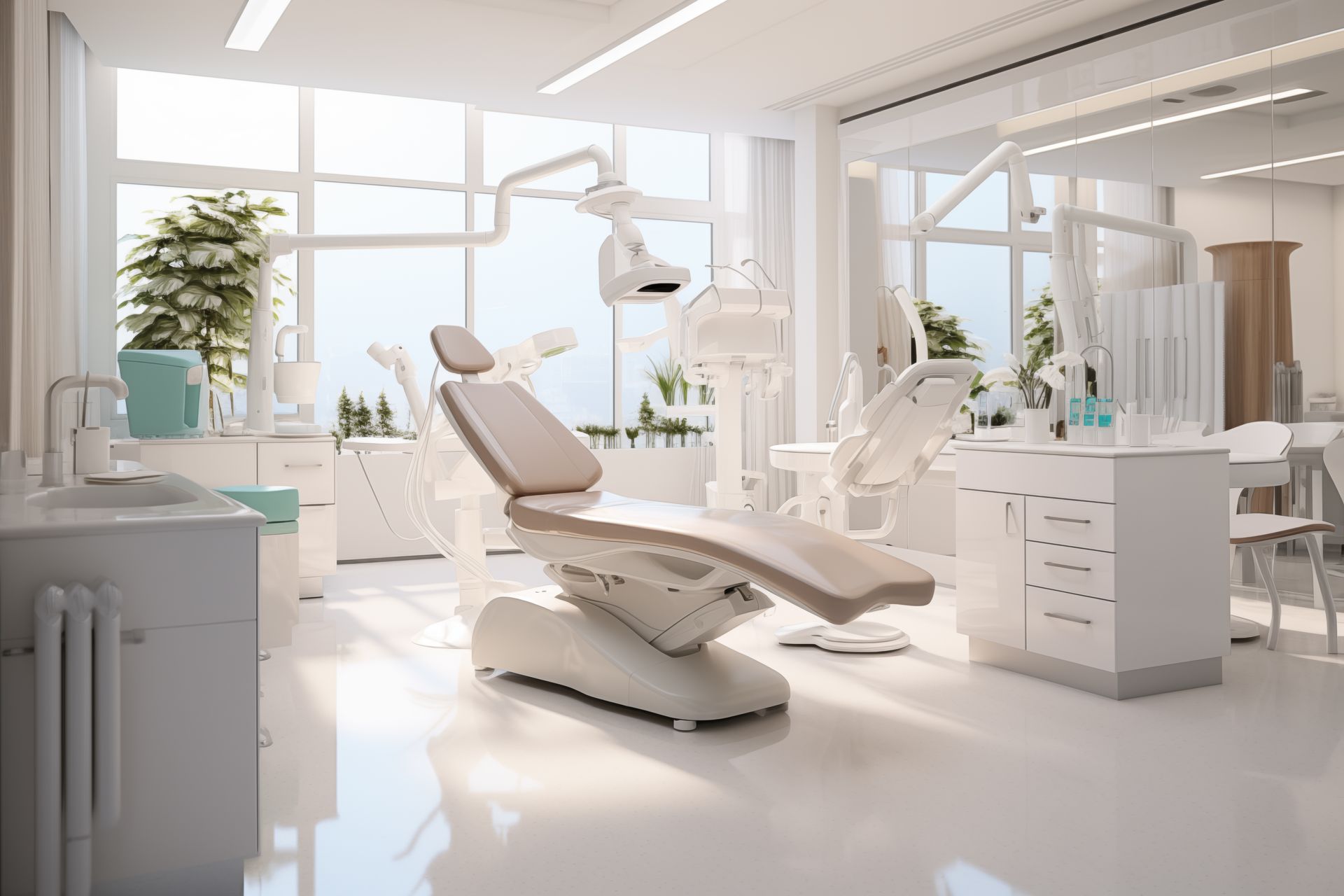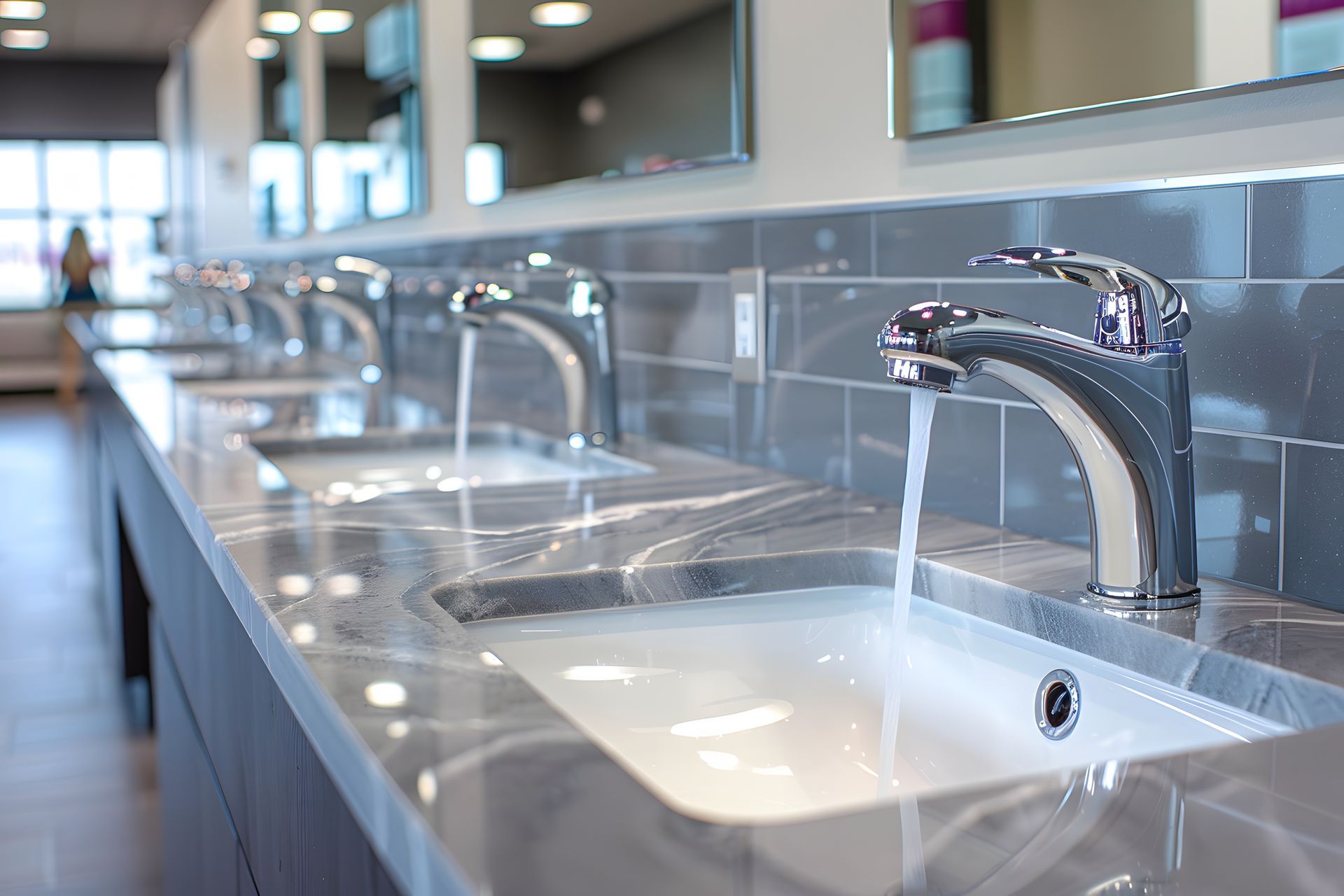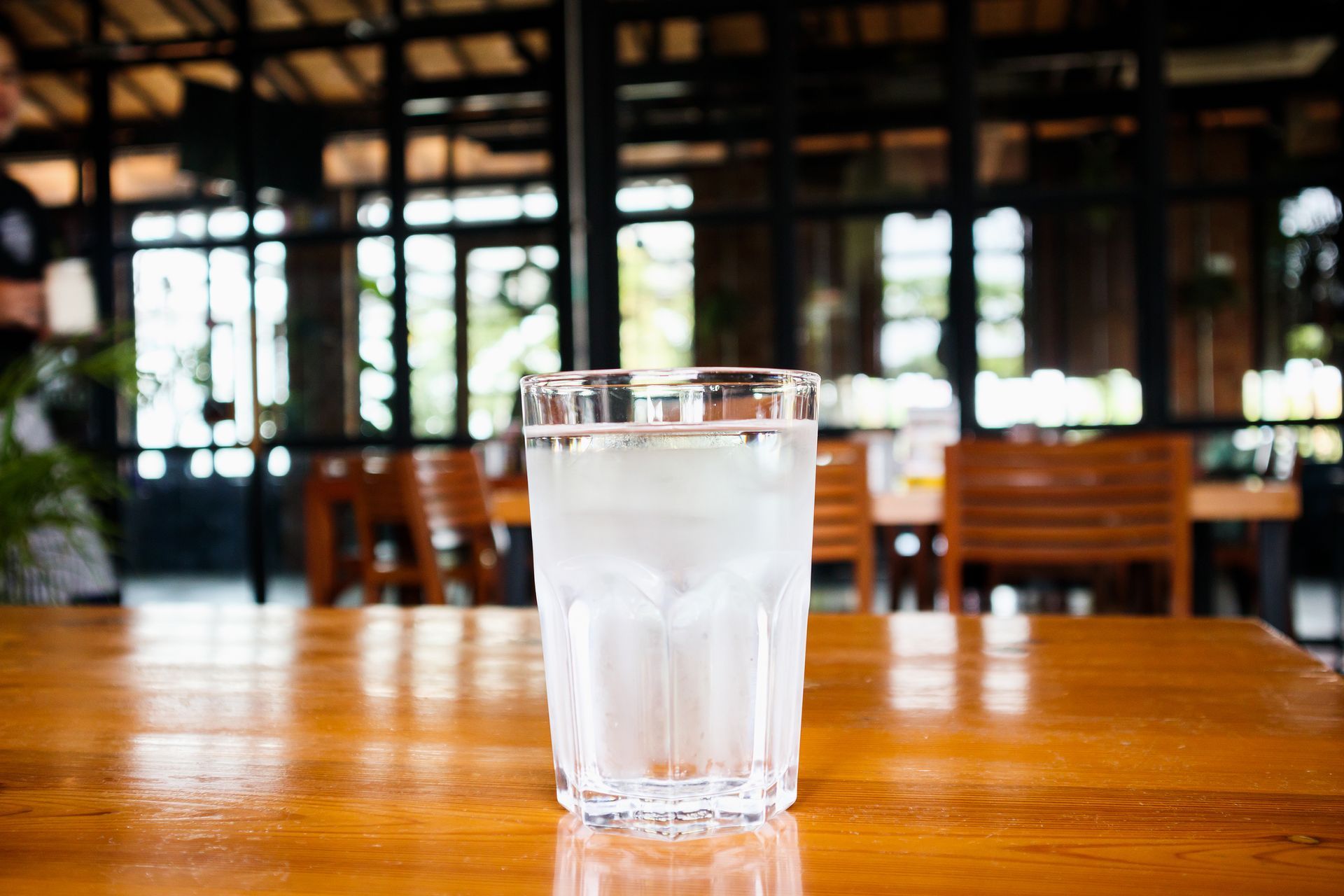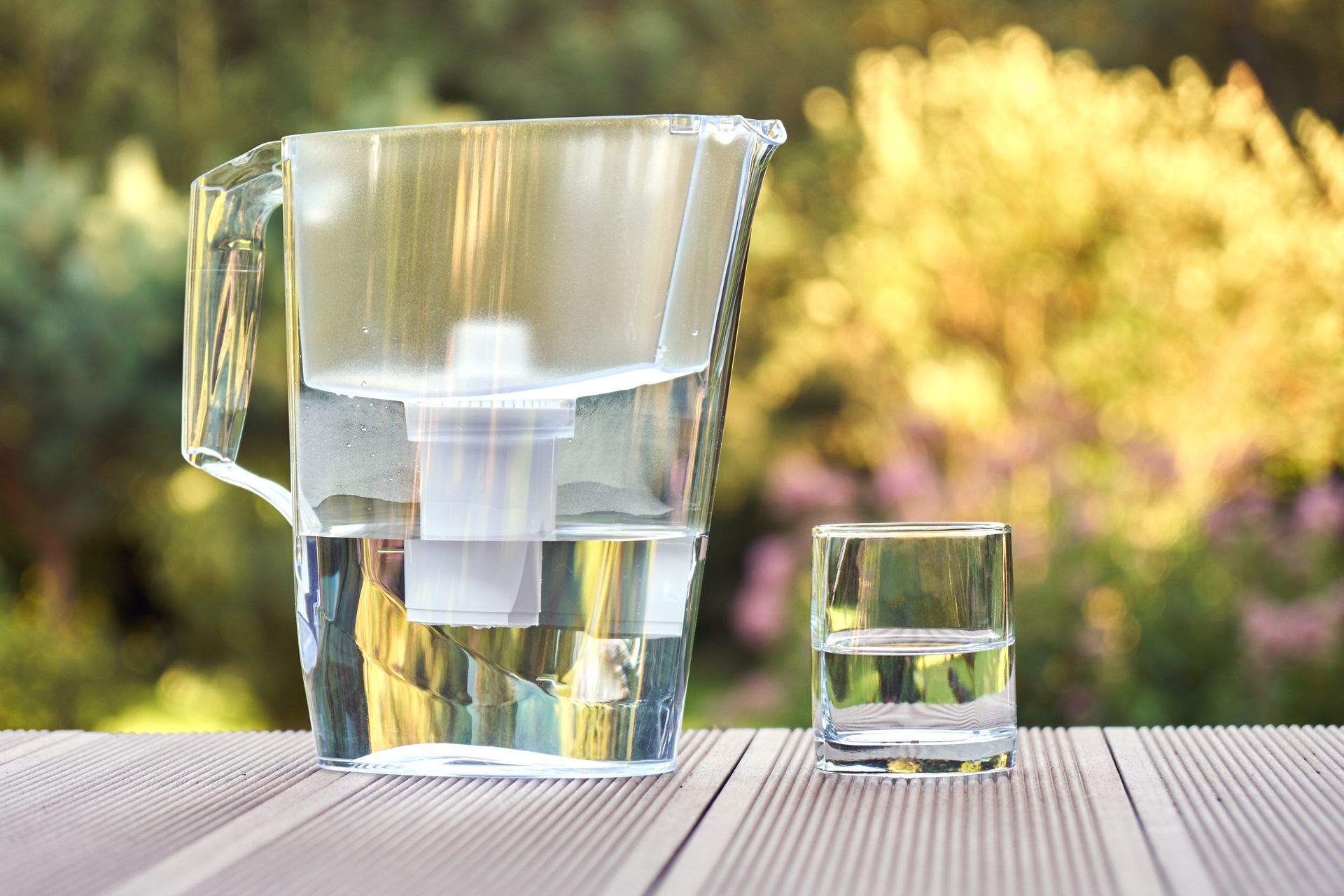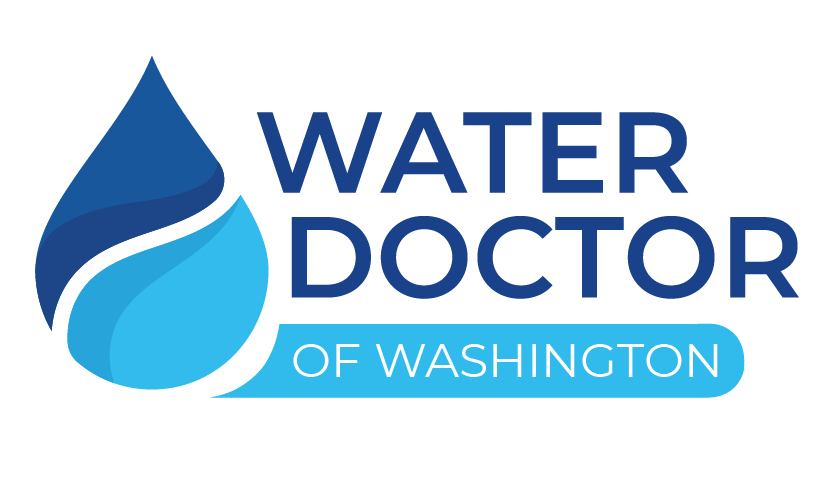Spring Allergies and Water Quality
How Clean Water Can Help You Breathe Easier
Spring, with its blossoming flowers and vibrant greenery, is a welcome respite after the long winter months. However, for many, it also heralds the onset of seasonal allergies. The constant sneezing, itchy eyes, and congested sinuses can make enjoying the beauty of spring a challenge. While we often focus on pollen counts and air quality, the quality of our water can also play a significant role in managing allergy symptoms. As the Water Doctor of Washington, we're here to explain how clean, filtered water can help you breathe easier this spring.
The Connection Between Water and Allergies
You might be wondering, "How can water affect my allergies?" While water itself doesn't directly cause allergies, its quality can exacerbate symptoms and contribute to overall discomfort. Here's how:
Hydration and Mucus Membranes
Proper hydration is crucial for maintaining healthy mucus membranes, which line your nasal passages, sinuses, and throat. When you're dehydrated, these membranes become dry and irritated, making them more susceptible to allergens. Drinking plenty of clean water helps keep these membranes moist and functioning optimally, trapping and eliminating allergens more effectively.
Irritants in Tap Water
Tap water, while generally safe, can contain various substances that can irritate sensitive sinuses and exacerbate allergy symptoms. Chlorine, used to disinfect water, can be a common irritant. Heavy metals, sediment, and other contaminants can also contribute to inflammation and discomfort.
Airborne Allergens and Water Sources
Spring winds carry pollen and other allergens, which can settle into open water sources like ponds, lakes, and even uncovered water tanks. This can lead to higher concentrations of allergens in your water supply, especially if you rely on well water or untreated surface water.
Whole-House Filtration and Allergen Removal
A whole-house water filtration system can remove many of these irritants and allergens, providing you with cleaner, healthier water throughout your home. This can significantly reduce the burden on your immune system and alleviate allergy symptoms.
The Benefits of Whole-House Water Filtration
Investing in a whole-house water filtration system offers several benefits for allergy sufferers:
Removal of Chlorine and Chloramine
Chlorine and chloramine, while essential for disinfecting water, can irritate sensitive sinuses and respiratory systems. A quality filtration system can remove these chemicals, providing you with gentler, more soothing water.
Elimination of Sediment and Particles
Spring runoff can carry sediment, dirt, and other particles into your water supply. Filtration systems effectively remove these particles, preventing them from irritating your sinuses and respiratory tract.
Reduction of Heavy Metals and Other Contaminants
Heavy metals and other contaminants can trigger inflammation and exacerbate allergy symptoms. A comprehensive filtration system can remove these substances, providing you with cleaner, healthier water.
Improved Hydration
Clean, filtered water is more palatable, encouraging you to drink more and stay adequately hydrated. This can help maintain healthy mucus membranes and alleviate allergy symptoms.
Protection of Sensitive Skin
Many allergy sufferers also experience skin irritation. Filtered water, free from harsh chemicals and contaminants, can be gentler on sensitive skin, reducing itching and dryness.
Tips for Staying Hydrated During Allergy Season
In addition to investing in a water filtration system, here are some tips for staying hydrated during allergy season:
Drink Plenty of Water
Aim for at least eight glasses of clean, filtered water per day. Increase your intake during periods of high pollen counts or when you're experiencing severe allergy symptoms.
Carry a Water Bottle
Keep a water bottle with you throughout the day to ensure you have easy access to hydration.
Eat Hydrating Foods
Incorporate hydrating fruits and vegetables into your diet, such as watermelon, cucumbers, and celery.
Avoid Dehydrating Beverages
Limit your intake of caffeinated beverages and alcohol, which can dehydrate you.
Use a Humidifier
A humidifier can add moisture to the air, helping to keep your mucus membranes moist and alleviate congestion. Be sure to use clean, filtered water in your humidifier to prevent the spread of mold and bacteria.
Rinse Nasal Passages
Consider using a saline nasal rinse to flush out allergens and irritants from your nasal passages. Use distilled or filtered water for nasal rinsing to avoid introducing contaminants.
Water Doctor of Washington: Your Partner in Clean Water
At the Water Doctor of Washington, we understand the importance of clean, healthy water, especially for allergy sufferers. We offer a range of water filtration and purification solutions to meet your specific needs. Our experienced technicians can help you choose the right system for your home and ensure it's properly installed and maintained.
This spring, don't let allergies hold you back. Take control of your water quality and breathe easier with the help of clean, filtered water. Contact the Water Doctor of Washington today to learn more about our water filtration solutions and how we can help you enjoy a healthier, more comfortable spring season.
